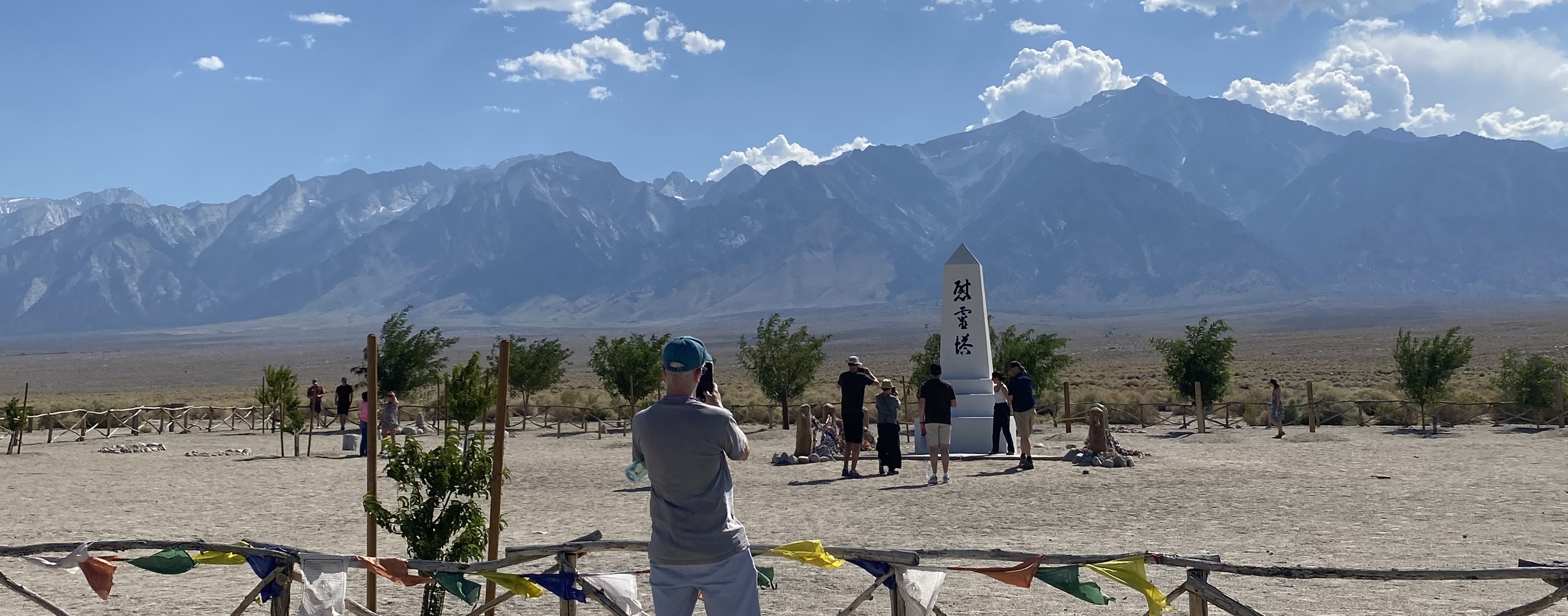

Across the country, National Park Service sites are becoming ground zero in a growing battle over historical memory. Signs with QR codes invite the public to report “negative” or “unpatriotic” portrayals of American history. On the surface, these codes claim to ensure “accuracy.” But for communities like Japanese Americans, who have fought for decades to have the truth of their incarceration recognized, this development raises troubling questions. Who decides what version of history is “patriotic”? What happens when telling the truth about injustice is deemed “negative”?
Compounding these concerns is the administration’s call to eliminate national monuments, historic sites, and other areas under NPS management, alongside mounting political and cultural pressure on museums to sanitize exhibits that might appear “divisive.” The fight is not only to preserve sites, artifacts, and memory, but also to resist the erasure of lived experience and cultural identity from the nation’s historical record.
Join the Democracy Center at JANM to explore the politicization of public memory, the dangers of historical erasure, and the consequences of silencing hard truths—whether in our shared outdoor landscapes or in our cultural institutions. The program will focus on the unique perspective of Japanese Americans, whose experience of wrongful incarceration during World War II was denied and ignored until generations of activism forced a reckoning, and make the case that truth-telling is not unpatriotic—it is essential.
